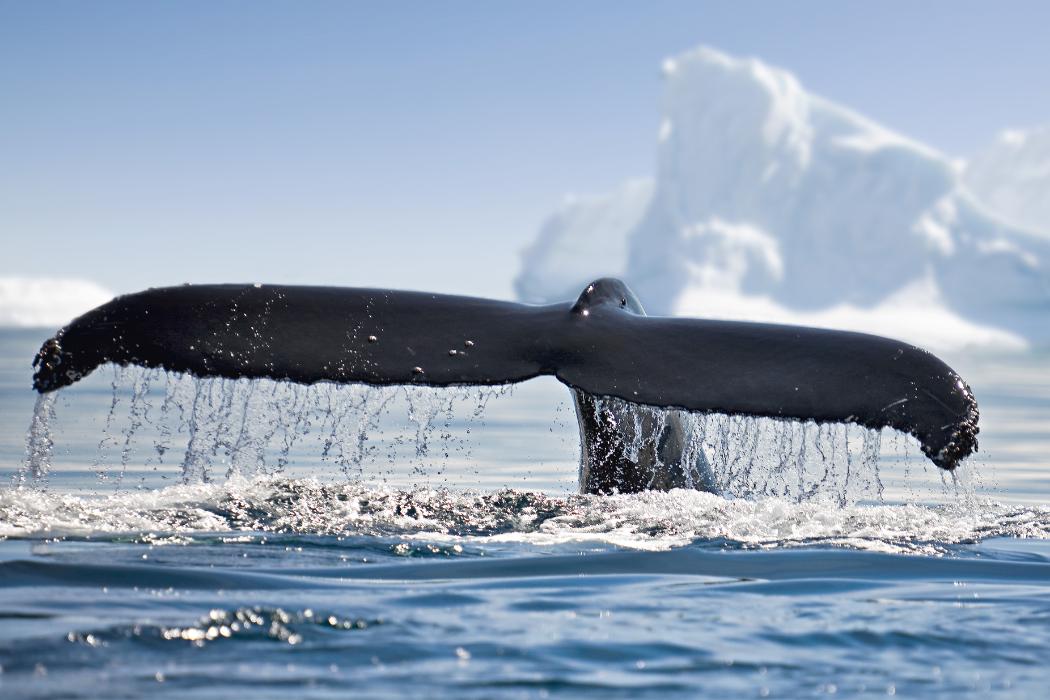Our Antarctic Ecosystem Programme focuses on how individual species and communities are constrained by the unique Antarctic environment and how the species and communities respond to environmental variability and change. It involves research ranging from the cellular to the ecosystem level in both the marine and terrestrial meltwater ecosystems.
Antarctic ecosystems are particularly vulnerable to change. Ice plays a huge role in structuring these systems, through its roles as a substrate, an isolating layer and the dominant source of liquid water. Changes to the ice-water balance can propagate through physical, chemical and biological interactions.
Marine and land-based ecosystems of Antarctica are characterised by organisms that have, over millennia, adjusted to low temperatures, unusual light regimes and highly seasonal food supply. They have evolved in near-isolation from the rest of the planet. Factors such as climate change, increases in UV radiation, global transport of pollutants and the introduction of invasive species are altering these communities, which with slow growth and long generation times may be poorly equipped to cope with rapid change. Increasing human presence, due to tourism, fishing and research, has brought concerns about habitat destruction, overfishing, pollution and other toxic effects on the environment.
Changes in Antarctic and Southern Ocean ecosystems will accompany local and global changes. Understanding these changes and linkages will allow scientists to better predict ecosystem responses to future change, and enable sensible management to maximise the chance of retaining the unique attributes of Antarctic ecosystems.
Key projects and researchers
Response of marine invertebrates and fish to a changing environment
The marine environment is characterised by organisms that have, over millennia, adjusted to low temperatures, unusual light regimes and highly seasonal food supply. We undertake research aimed at understanding these adaptive mechanisms in key species of invertebrates and fish, which then allows an understanding of the impacts that changes (such as temperature increases and ice regime changes) may have on finely tuned physiologies. Current research focus is on determining how Antarctic fish respond to chronic (long term) temperature increase, in particular how they acclimate to the new temperatures and how this affects their energy budgets.



